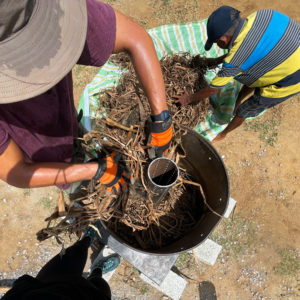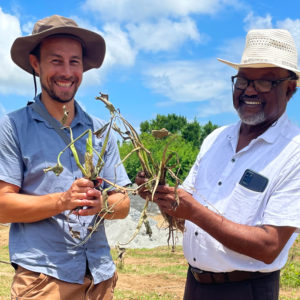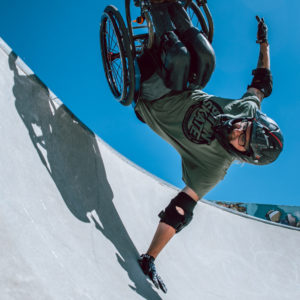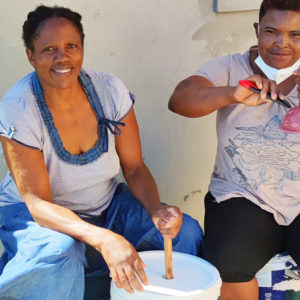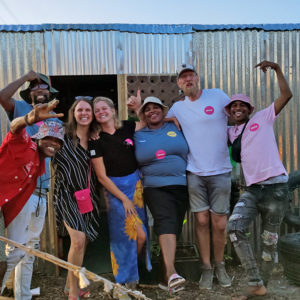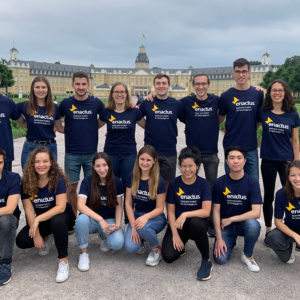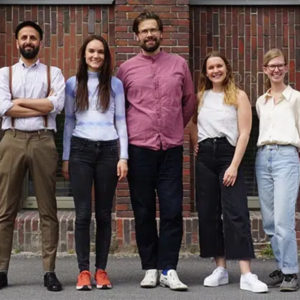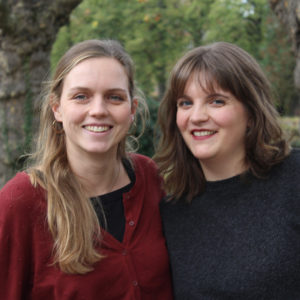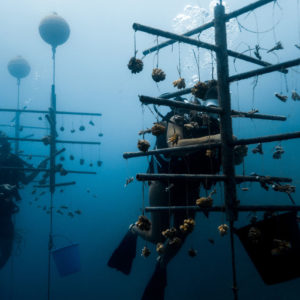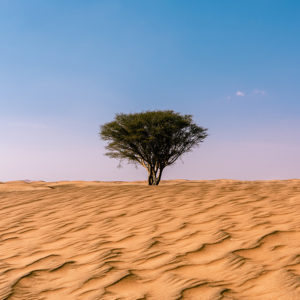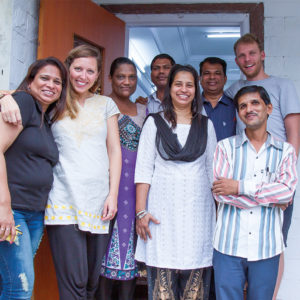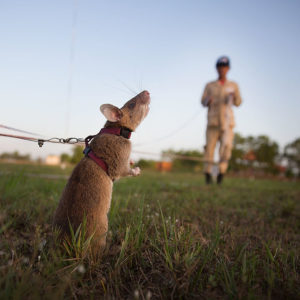Invasive species often harm the native flora and fauna. In the case of the beautiful water hyacinth, we are talking about a major catastrophe. Some initiatives are developing innovative ideas to contain its massive spread.
Impact:
Your search queries:
Search queries of all GOOD users:
Amount generated for projects:
Current Project:
Superfood harvested from the oceanLearn more
Author: Andrea Rebensburg (Andrea Rebensburg)
“Commitment is defined very differently in Sri Lanka than in Germany” – INTERVIEW
Thomas Betzold has founded a start-up in Sri Lanka that produces biochar from the invasive water hyacinth. In this way, a harmful plant is transformed into a soil conditioner that compensates for CO2.
“Anyone who is dependent on a wheelchair should also be able to handle it to be active and independent” – INTERVIEW
David Lebuser founded Sit'N'Skate to give wheelchair users a sense of freedom and self-realisation. The project offers wheelchair sports, training and an authentic skate lifestyle to break stereotypes and promote inclusion.
Simple instructions, big impact: How DIY solutions lift people out of poverty
We highlight some startups and initiatives that are successfully helping people in underserved regions implement simple solutions to everyday challenges on their own. What all models have in common is helping people to help themselves and transferring knowledge.
“The world needs more people who start driving change in the believe that together one can achieve something big” – INTERVIEW
Marlene Lerch is the co-founder of the DIY platform dooiy. For people in underserved communities, these step-by-step instructions for solving simple challenges can be the first step toward a better life.
“It doesn’t take much to do good! Every small gesture and action makes a difference.” – INTERVIEW
Julika Diering is co-founder of the project Fish'N'Bricks. They collect plastic waste from land and sea in Indonesia and eventually process it further into plastic bricks. The aim is to give the apparently useless plastic waste a new value.
“We act where trade is not a given” – INTERVIEW
Salem El-Mogaddedi is the co-founder of Conflictfood. Since his inspiring journey through Afghanistan, he and the Conflictfood team have been successfully supporting people in conflict regions through direct trade with local producers.
“Personal contact is the quickest way to dissolve fears and prejudices” – INTERVIEW
Lisa Ertle is co-founder of the association Zeugen der Flucht, which carries out anti-racist educational work. The focus is on direct exchange between refugees and young people in schools in order to successfully break down prejudices.
Five groundbreaking initiatives to revitalise corals
Corals have been suffering from climate change for years. In particular, the rise in water temperature can lead to coral mortality, and instead of thriving reefs, all that remains are dreary seabeds. Therefore, more and more people worldwide are committed to restoring already damaged reefs.
Green deserts: How solar energy can help produce water
There are forward-looking ideas for countries suffering from persistent water shortages. Various initiatives are addressing the problem of water scarcity in very different ways and are successfully seeking innovative solutions. Cosmotaics, for example, is developing solar parks for desert areas that simultaneously produce water via condensation.
Changing lives with fashion
Together, Chaiim and EYD are helping traumatized women and girls reintegrate into society through a self-sustaining social business model.
Big time for small rodents: Rats in search of landmines, infectious agents and buried victims
The organization Apopo takes advantage of the African giant hamster rat's highly developed sense of smell. It has spent the last 25 years preparing these affectionate rodents to detect two of the deadliest threats on the planet: Land mines and tuberculosis. Both emit their own odor, undetectable to humans, which the rats can quickly sniff out. Soon, new areas of operation are to be added.


